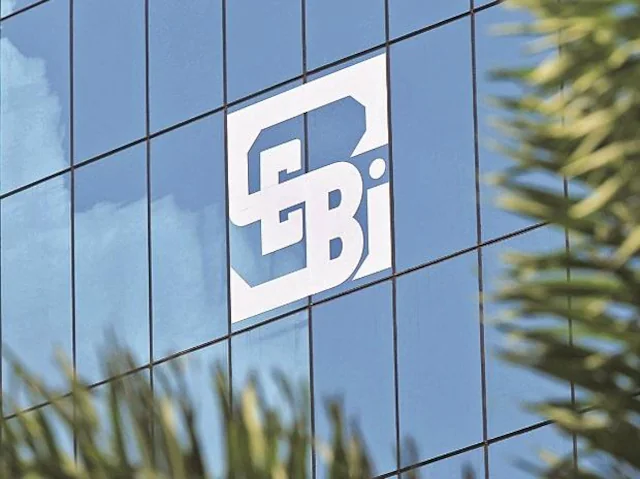The Securities and Exchange Board of India’s (Sebi’s) proposal to re-introduce “hard underwriting” is seen as step to boost India’s moribund initial public offering (IPO) markets. The regulator has proposed that in case an IPO fails to garner full subscription, the investment banker or a third-party can buy the unsubscribed shares.
This practice was common during fixed-price issues prior to 1999. However, under the new book building regime, underwriting is allowed only to the extent of shortfall due to technical rejection of bids — this is referred to as “soft underwriting” and is rarely invoked.
Based on market feedback, Sebi has plans to amend the Issue of Capital and Disclosure Requirements (ICDR) Regulations — the rule book for raising public funds — to clear the air between soft and hard-writing. Industry players believe that with the sentiment towards primary share sales taking a hit, a guarantee that an IPO is being underwritten will boost confidence.
After being among the top-five markets for equity fund raise globally in 2022, the Indian markets have not yet seen a single IPO so far this year.
“Hard underwriting will help the issuers as it will be akin to insurance for the subscription of the issue. Till now, in book building issues, it was soft underwriting, but now, hard underwriting (if opted for) will ensure that merchant bankers will put their money where their mouth is.
This means that IPO pricing could become more rationalised as the bankers have more skin in the game and it will benefit investors,” said Rajendra Naik, managing director, investment banking, Centrum Capital.
At present, an IPO is required to garner a minimum of 90 per cent subscription to sail through. In case of a shortfall, the issuer has the option to reduce the offer price and extend the issue by three days.
Even after that the issue fails to reach the adequate subscription mark, the IPO is deemed to have failed and the issuer has to refund the application money.
Since 2003, about 29 companies that were targeting to raise a cumulative of Rs 11,000 crore have had to refund money to investors after failing to garner adequate subscription, as per Prime Database.
Globally, IPO underwriting is fairly common. In India, underwriting is common for debt issuances with primary dealers picking up the devolved portion of a bond sale.
“A lot of developed countries have hard underwriting and it demonstrates the confidence of the merchant banker in the company and the IPO price. It also makes them more accountable, which is assuring to the investors.
It is good from an investor’s perspective but it may make the IPO process difficult for the issuer company if fewer entities are willing to underwrite,” said Geeta Dhania, partner, Luthra and Luthra Law Offices India.
However, hard underwriting can lead to an increase in cost of issuance as it favours investment banks with large balance sheets.
To cover the high risks, underwriting fees are typically higher than the fees charged to manage an IPO.
“It is pertinent to note that hard underwriting involves determining the risk and price of the proposed security. It also gives insurance to the issuer company and the prospective investors also feel confident that the underwriters had evaluated the issue and are backing the issue with financial commitment,” Sebi said in a consultation paper, proposing to make hard underwriting optional.

Source: Business Standard, dated 23.02.23.




